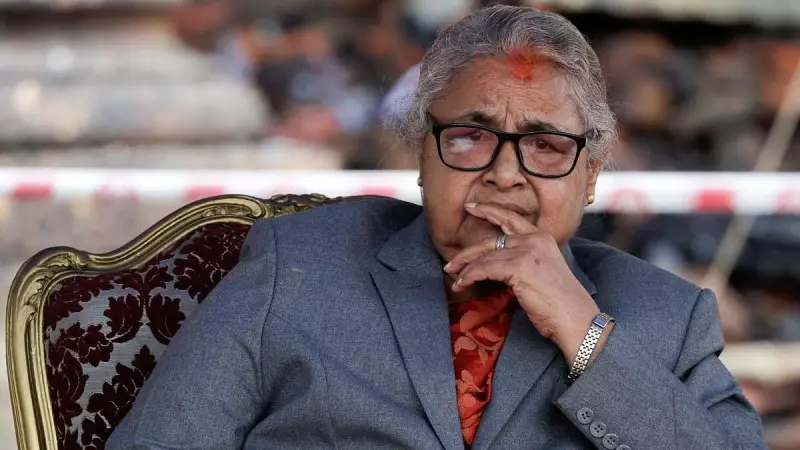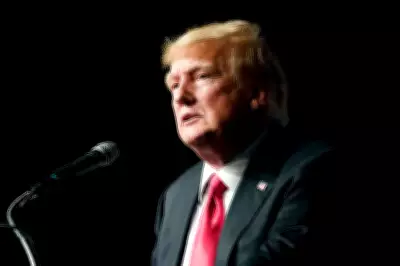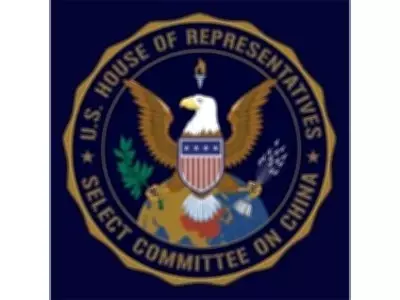
In a powerful display of youth engagement, Nepal's Prime Minister Pushpa Kamal Dahal faced direct questions from Generation Z representatives demanding immediate action against corruption and systemic governance reforms.
The meeting, organized by the Nepal Youth Council, saw young leaders from diverse backgrounds presenting a clear agenda for national transformation. They emphasized that traditional political approaches were failing to address the country's pressing challenges.
Youth Demands for Systemic Change
The Gen Z delegates presented several key demands during their dialogue with the Prime Minister:
- Immediate action against corrupt officials regardless of political affiliation
- Transparent governance mechanisms to ensure accountability
- Youth inclusion in decision-making processes at all government levels
- Digital transformation of public services to reduce bureaucratic delays
- Strengthening of anti-corruption institutions with independent authority
Prime Minister's Response
Prime Minister Dahal acknowledged the validity of youth concerns and committed to addressing corruption systematically. He highlighted ongoing government efforts to improve governance but admitted that more needed to be done to meet public expectations.
"The energy and clarity brought by these young leaders demonstrates the changing political landscape in Nepal," said a political analyst familiar with the meeting. "They're not satisfied with promises—they want measurable results."
Broader Implications for Nepalese Politics
This engagement marks a significant shift in how younger generations are participating in Nepal's democracy. Rather than traditional protest methods, these educated youth are choosing direct dialogue while maintaining pressure for substantive reforms.
The meeting comes amid growing public frustration with corruption and governance issues in Nepal. Many see the Gen Z approach as potentially more effective than previous generational efforts due to their technological savvy and global perspective.
Political observers note that such direct youth engagement with the highest levels of government signals a potential turning point in how governance challenges are addressed in the Himalayan nation.





